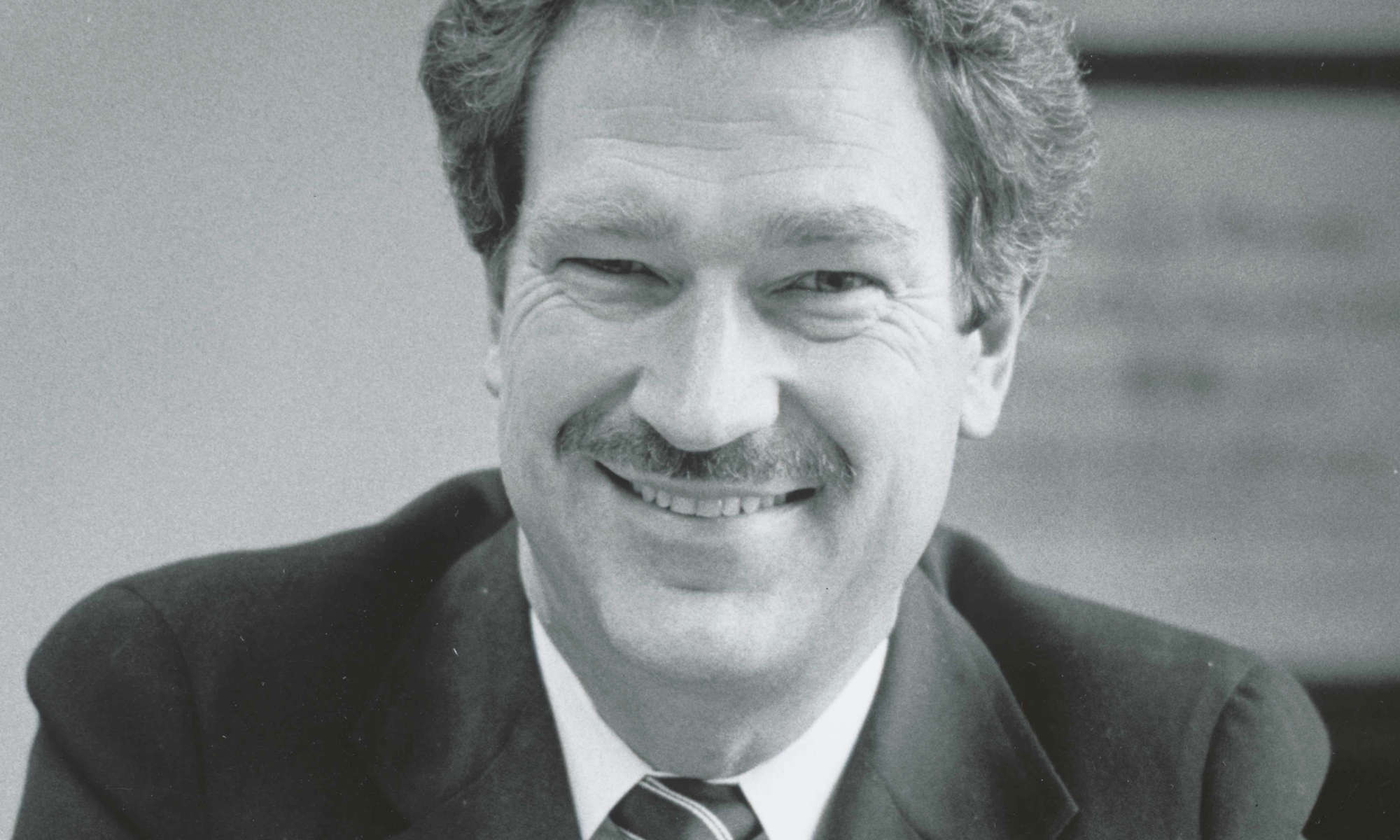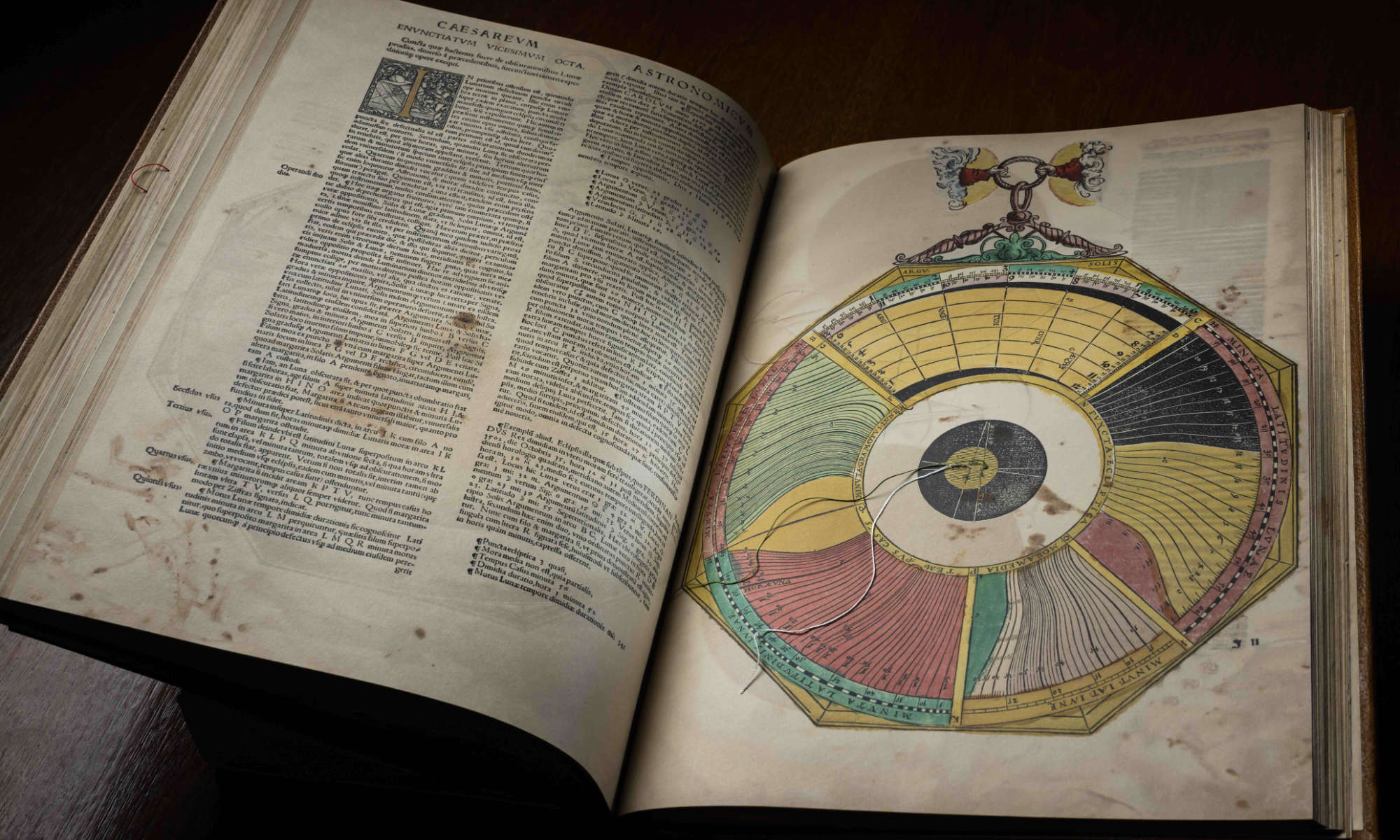Susan B. Anthony announced, “Failure is Impossible,” creating a motto that carried the women’s suffrage movement to success. But while much is known about the famed suffragist’s stance on social equality and slavery, she also had lots to say on a variety of issues that still resonate today. This is why on Aug. 26, researchers from the University of Rochester’s Susan B. Anthony Center will launch a Twitter campaign aimed at connecting social media users with her opinions on an array of social issues, under the hashtag #SueBSays.
“While reading through her personal letters, we saw that her insights are as relevant today as over 100 years ago,” says Catherine Cerulli, director of the Susan B. Anthony Center. “That is why we thought Twitter was the right channel to present her thoughts on issues we still struggle with today and a great way to bring her into the 21st century.”
The Twitter campaign, which coincides with the 95th anniversary of the signing of the 19th Amendment, which granted women the right to vote, will consist of quotes from Anthony’s correspondence to friends, family, and other suffrage leaders. Over the next 10 months, researchers at the Center will post two tweets a week that address a wide range of topics, including education, voting, and race relations. The Center’s Twitter handle is @UofR_SBAC and the posts will also appear on its Facebook page.
According to John Cullen, coordinator of outreach for the Susan B. Anthony Center, one of the goals of the campaign is to allow people to make personal connections with Anthony through subjects that wouldn’t automatically be associated with her life. For example, with the publication of Sheryl Sandberg’s bestselling novel “Lean In,” many feminists today stress the importance of taking more initiative for themselves. “But what we found in Anthony’s letters led us to believe she would have “leaned out” – not “in” – to target her energies on a few specific issues. Letters from her later years also showed she had the self-regulation to do what she needed to do, when she needed to do it,” said Cullen.
The research behind #SueBSays began in 2012 as a way for Cerulli and her team to better familiarize themselves with Anthony by reading an assortment of her letters located in the Department of Rare Books, Special Collections, and Preservation in Rush Rhees Library. In 2013, the project morphed into something more after the Center and the National Council of Women of the United States learned about another collection of Anthony’s letters housed at the New York Library.
Combined with other records from the New York Public Library, the Monroe County Public Library, and the Library of Congress, University of Rochester researchers systematically coded the Anthony’s letters for themes like family, relationships, and race as a way to develop a greater understanding of her personal opinions on various social issues.
According to Cerulli, the online campaign is part of a larger project sponsored by the Center called the Susan B. Anthony Letters project, which aims to introduce the women’s rights leader to new generations of students through creating “a more holistic and realistic image of Ms. Anthony as a person.” The project has also involved University students, like senior Sarah Vogel, who spoke about the work an international women’s conference at Oxford University in December. Many of the topics found in the letters, such as relationships and mental health, directly tie to the Center’s mission to overcome remaining barriers to equality by translating research into policy. Under Cerulli’s leadership, the Center is focused on bridging the gap between the University of Rochester and the community to raise awareness of issues facing individuals who reside the margins of society due to discrimination or fear for personal safety.
For more information about #SueBSays and the Susan B. Anthony Center visit http://www.rochester.edu/sba/.



